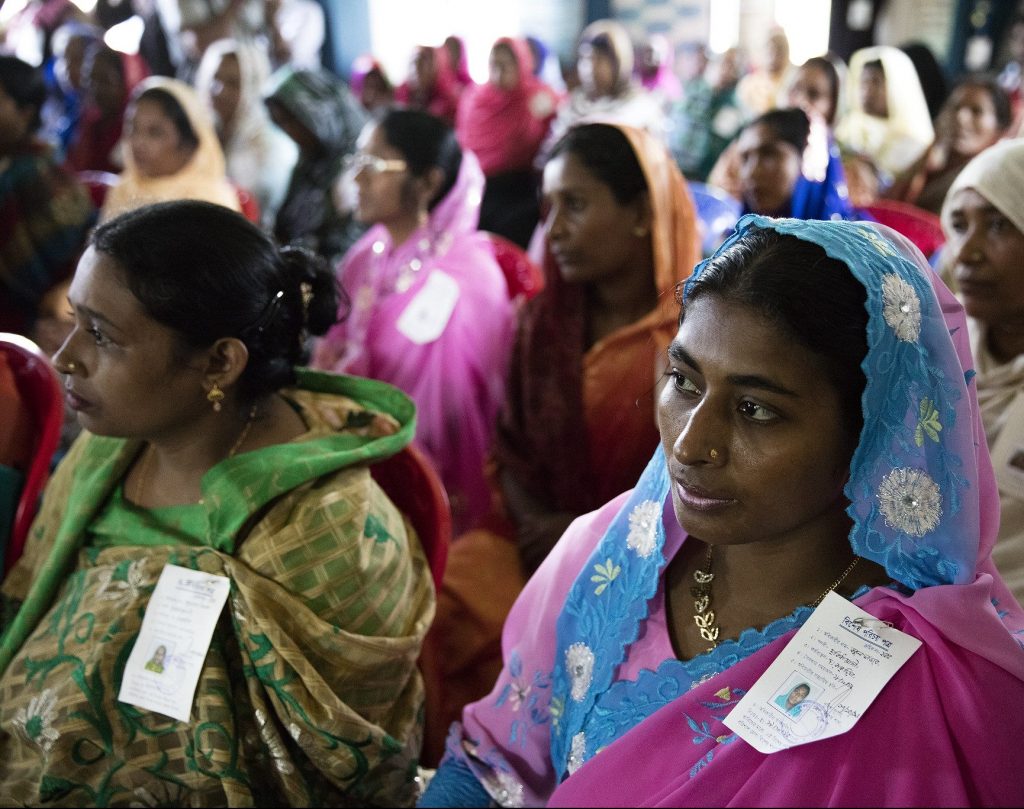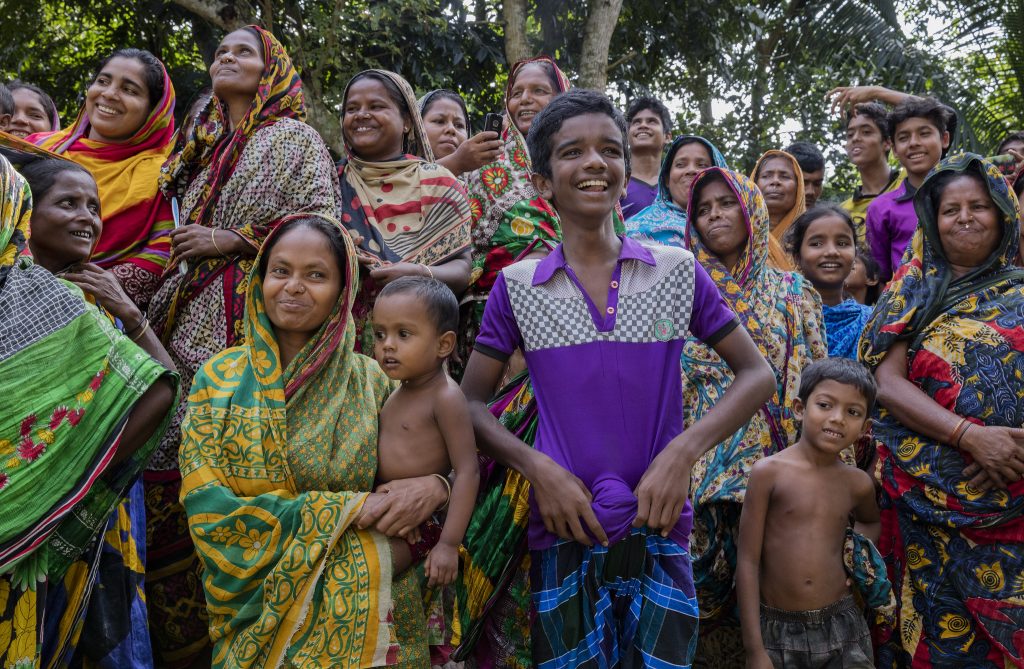GPSA projects
Journey for Advancement in Transparency, Representation and Accountability (JATRA)
Country: Bangladesh
Sector: Governance - Budget Transparency
Executing Agency: Care Bangladesh
Grant Amount: $644,138
Closing Date: March 2018


Frame and Challenge
Bangladesh has experienced rotating systems of government and continues to endure political turbulence and natural disasters. As of 2009, the estimated Bangladeshi GDP per capita was $652. In addition, 55 million people were living in poverty and 40% of children were malnourished. The Government of Bangladesh has sought to strengthen community involvement in local governance in order to improve programs for the poor and vulnerable.
In 2009, the Government passed the Local Government Act emphasizing needs for transparency, accountability, and community participation in Bangladesh’s 4,550 new Union Parishads (UPs), which are small administrative units responsible for law and order and public services. Country and donor initiatives have since supported initiatives aligned to this priority, including the World Bank’s Second Local Governance Support Project and CARE Bangladesh’s Extreme Rural Poverty Program.
Local officials have encountered difficult challenges in implementing the Union Parishad Act, particularly in ensuring transparency in UPs and establishing public participation channels for women and the poor. Ward shavas (meetings) see gradually increasing demands from citizens, but the number of demands addressed by UP officials is considerably low. UP officials’ lack of understanding of their roles and capacity to manage and disseminate budgetary data presents an efficiency barrier. Another challenge lies in merging incoming UP officials into social accountability processes which CARE Bangladesh has nurtured and developed.
Citizen engagement is undermined because the poor have limited capacity to mobilize themselves and apply social accountability tools, such as citizen scorecards. In a survey conducted at the project baseline, more than 80% of the respondents stated that they did not have adequate knowledge of the local UP budget. These and other capacity and knowledge gaps are prevalent across the country, including in the northwest Nilphamari and Gaibandha Districts where CARE Bangladesh is heavily engaged.
Solution
Complementing its existing work, CARE Bangladesh received a GPSA grant to strengthen the transparency and accountability of 8 UPs in Nilphamari and 7 UPs in Gaibhanda, and to design and implement social accountability tools. It is important to highlight that this grant complements another 2013 GPSA grant in Bangladesh, awarded to the Manusher Jonno Foundation, to support local CSOs in building the capacity of UPs in other regions, including Haor and the coast. The grant provided to CARE Bangladesh consists of three components which are geared towards:
- introducing decision-making spaces and tools such as citizen scorecards, which support citizen participation in budget planning and implementation;
- collaborating with UPs and the media to support the transparent provision of – and access to – local budget information, and
- sharing lessons and knowledge materials with social accountability practitioners and stakeholders, including donors and national agencies, for improved results.
Outcomes
The grant generated multiple gains over its extended four-year timeframe. The grant to CARE Bangladesh resulted in results including but not limited to:
- Citizen participation in pre-budget ward meetings more than doubled to 12% of total population, including 68% of the poor/marginalized and 51% of women.
- 55% of development demands raised in meetings are now made by the poor and marginalized and 25% by women.
- One-third of local committees, formerly captured by elites, now include representatives from poor and marginalized communities, and 38% are women.
- 24% of total local government budgets is distinctly allocated to meet the demands of the poor, and 29.5% is allocated for priorities of women.
- An average 15% voter participation in Ward shava, above the 5% specified in the 2009 Local governance Act.
- An increase in availability of key public budget documents and Ward shava schedules, which are circulated widely and in advance.
- General capacity building of journalists and media; organization of community radio programs on transparent budgeting; strengthening of UP Information Centers; and establishment of UP helplines.
- Partnerships between CARE Bangladesh and the Brac Institute for Governance and Development, Mass Line Media, and the Local Governance Support Project-II (LGSP-II) as well as a coalition with the Bangladesh Network for Radio and Communication (BNNRC).
Lessons Learned
The design of the GPSA grant highlighted representation of the poor and women in decision-making and engagement with elected officials to ensure a “mindset change” in favor of participatory local governance. There are various takeaways and lessons from this project and its highlights, including but not limited to:
- The need to identify natural leaders and champion actors as key supporters for community mobilization.
- Strategic rhetoric implemented during community interventions can encourage participation of marginalized groups. For all identities, but particularly marginalized ones, stereotypes can shape both the ability to participate and the outcome of participation of marginalized groups, especially women.
- The fifteen Union Parishads of focus through this grant make up a small portion of Bangladeshi Upadilla system, comprised of 4,550 UPs. Nationally scaling efforts from few UPs to hundreds should be attempted with the outcomes and lessons of both the CARE and SEBA projects in mind (see below).
project evaluation
The Final Evaluation of JATRA project aimed at developing a clear and independent view on performance of the project in achieving its stated objectives and results. The evaluation exercise also looked at the conditions in which JATRA project achieved results, so that these learning could inform improvements in social accountability strategies, programs and projects.
Learn more
To learn more about CARE Bangladesh, and related projects, check out the following links:
Blog: Sounding clever or being smart? – How to do more with less in evaluating governance programmes
